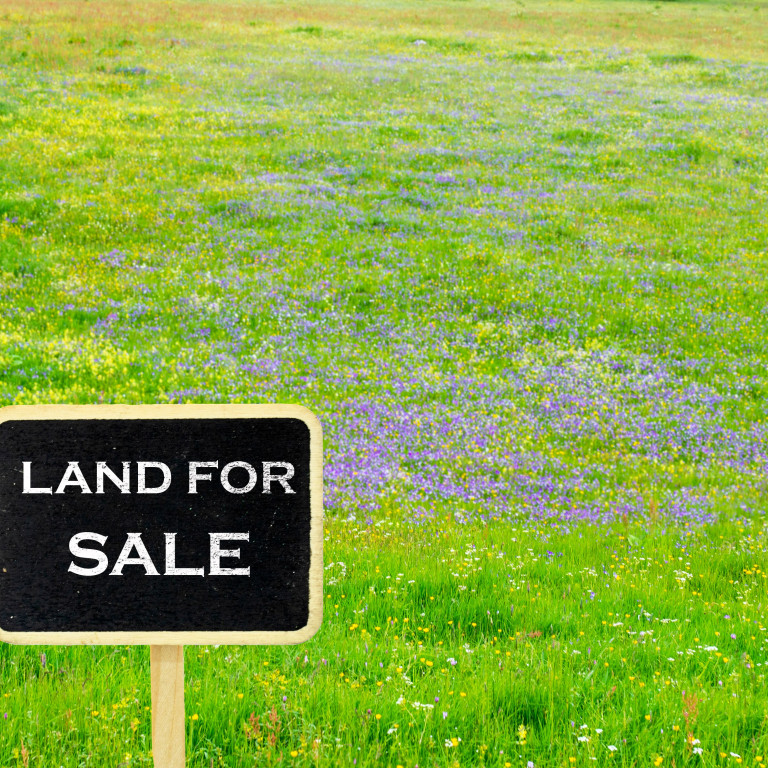The use of agents when buying and selling horses is commonplace.
Who is the contract between?
When the agent tells the buyer they are acting for someone else, usually, it is clear that the contract is between the buyer and the owner. Where the buyer does not know they are dealing with an agent, it may not be clear who the contract is with, and if something goes wrong both agent and owner may seek to avoid responsibility. This is particularly a problem as buyers are only covered by the Consumer Rights Act 2015 (“the CRA”) if they are buying from a dealer.
Do you know if you are dealing with an agent?
- If a buyer knows they are dealing with an agent, the contract will be with the owner who will be bound by promises and representations made by the agent during the course of the sale. Any claim will be against the owner.
- If a buyer does not know they are dealing with an agent, they can treat either the agent or the owner as the other party to the contract and hold them to it – very important if something goes wrong and the buyer is looking to return the horse and get a refund. They can sue either the agent or the owner.
Horses and the Consumer Rights Act
The CRA will make it easier for a buyer to reject the horse and demand a refund because the seller is automatically warranting that the horse is:
- fit for purpose.
- of satisfactory quality.
- as described.
The CRA only applies in consumer sales (i.e. by a business seller to a private buyer). In an agency sale, if the buyer had any reason to believe that the owner was a private seller, the CRA would not apply.
Questions that can arise in agency sales
- Who is best able to refund the buyer’s money – the agent will by now have handed over most of the purchase price to the owner/seller but on the other hand, the agent may have more financial resources.
- If the buyer wants to return the horse, does either the agent or the owner have facilities to receive it? In an agency sale, the horse may well not have been bought from the owner’s premises and the buyer may not have an address for the owner.
Tips for horse buyers
- Always ask the person showing you the horse who the owner is – you will want to see the passport anyway so check and query any inconsistencies.
- If buying through an agent, ask for the seller’s full name and address including postcode.
Find out more
For more information on how buying or selling horses may affect you please contact our expert equine team.






